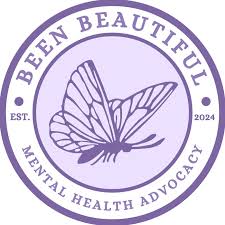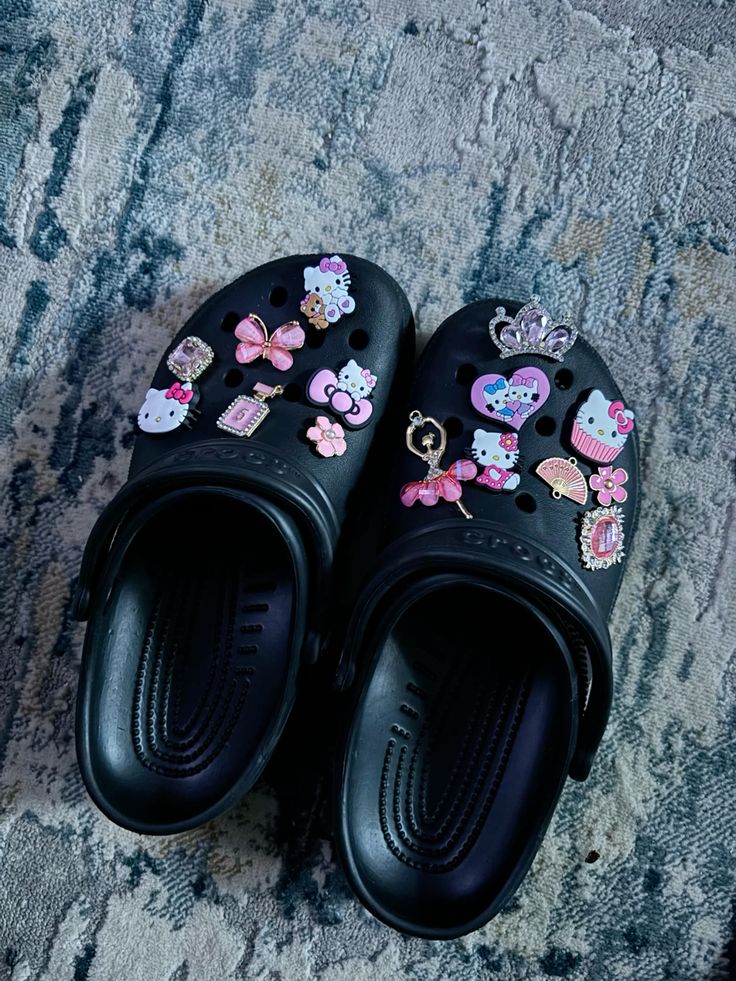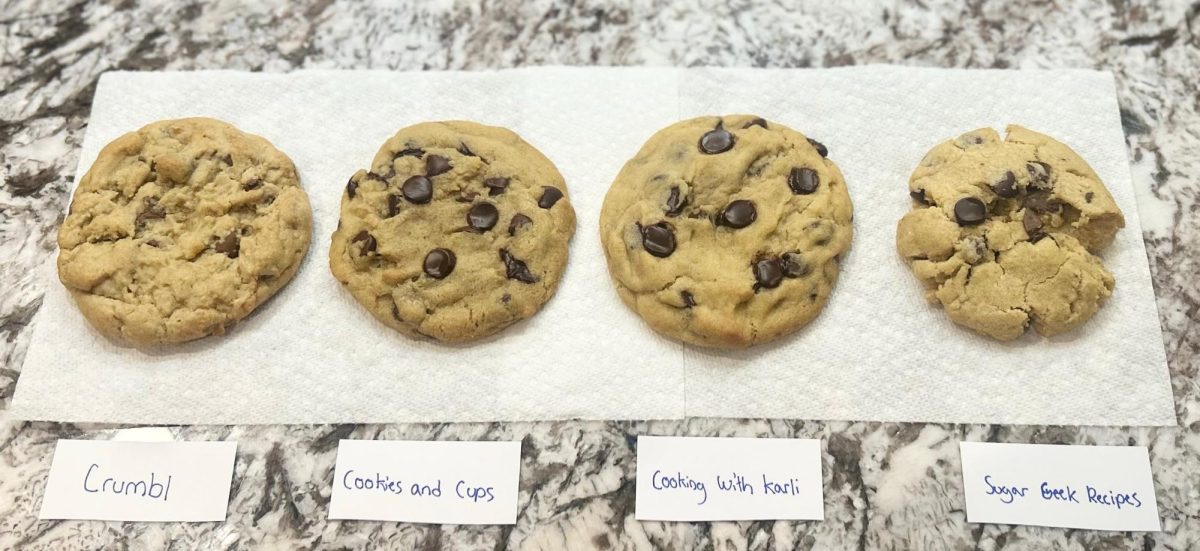Mental health is trending. Brand sales go through the roof pushing their special anxiety hoodies, while influencers online are posting crying selfies with captions like “growth.” Although some people truly do want to help those who are struggling, many see it as a business, finding ways to exploit the idea of mental illness for their own gain.
This problem has grown especially within the past few years, as Covid took a toll on numerous individuals and has brought mental health to the forefront. Unfortunately, certain companies and workspaces have taken advantage of that vulnerability, turning mental health into immense amounts of profit.
Businesses now use mental health as a marketing tool, fabricating items that claim to improve your mindset overnight. From blankets, to hoodies, and even wellness packages, brands have figured out ways to capitalize off of anything marketed as beneficial to your health. Add a catchy phrase and the promise of self-improvement, and suddenly people are convinced a product will fix everything. Bloomberg news reports, “The global wellness industry was worth $6.32 trillion in 2023, according to a new report from the Global Wellness Institute, a leading industry group.” Yet despite all that money, most brands contribute little to no actual mental health support, and even though no harm is being done, behind the scenes nothing is changing nor getting better, which can be just as damaging.
Businesses aren’t the only ones turning mental health into a commodity. Influencers and media outlets are too. Influencers online share their mental health stories with the world, receiving thousands of likes and follows, allowing them to make more and more money. Just by posting vague “I’ve been sad lately” captions, they build up sympathy and attention, giving them not only profit, but credibility. Some promote mental health products that they don’t use and will persuade their viewers to buy it even though most of the time it’s propaganda. In extreme cases, influencers have even faked mental disorders for views. One example is Trisha Paytas who was accused of faking dissociative identity disorder. She would switch her “alters,” as well exhibit inconsistent, and exaggerated behavior on camera, boosting comments and concerns all throughout her page. Not only was this extremely inappropriate, but also unfair to those who do really experience these mental conditions.
In the end, the consumers are the victims. They’re sold on the idea that an object can be a quick fix, and gaslit into believing that the media equals real advocacy. Slowly, genuine mental health struggles are being turned into sale opportunities. While it may look like awareness on the surface, it’s really just performance. Mental health has become a brand, a business, and a marketing strategy. The people who genuinely need support? They are left scrolling through a feed of exploitation, built for profit rather than progress.























